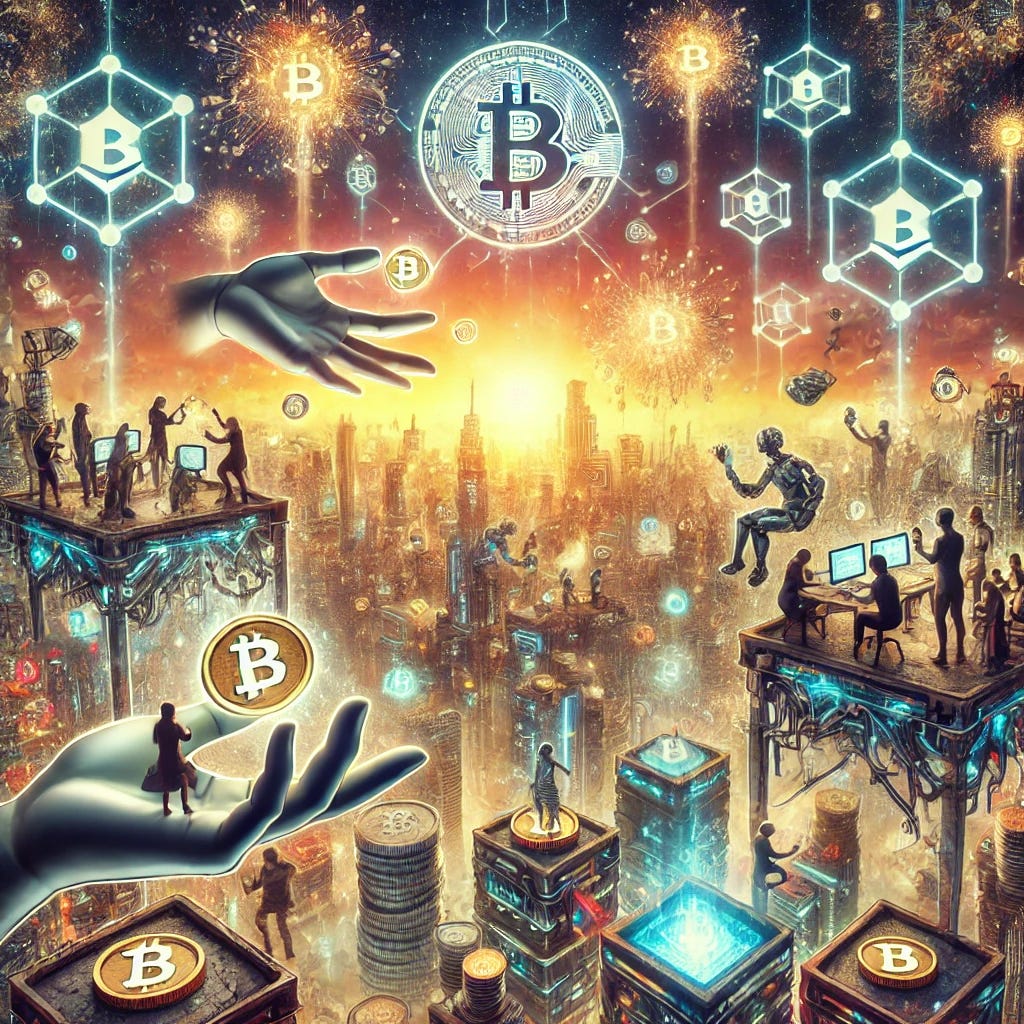What is Value? A First Principles Approach Historically, our entire economic system has built the idea of value rooted in scarcity—where worth is derived from limited resources and competition for them. The future, however, presents an opportunity to redefine value through abundance, where technology and collaboration create endless possibilities rather than finite resources. Value, at its core, is the perceived importance or benefit of something to an individual or group. Historically, value has been tied to scarcity, utility, and exchange—what something is worth in relation to other goods or services.
Value in Today’s Economy In modern economics, value is often derived from productivity, profitability, and market demand. Businesses measure value through revenue, margins, and shareholder returns, while individuals see value in wages, time, and utility. This has created a system where competition drives innovation, but also inequality and exploitation.
Rethinking Value in the Age of Technology As AI, blockchain, and automation reshape our world, traditional notions of value are being challenged. When machines can perform tasks better and faster than humans, productivity alone can’t define value. Instead, we must look at contributions, creativity, collaboration, and purpose.
The Future of Value: A New Paradigm In the future, value will be measured by impact, influence, and alignment with collective missions. Community consensus, AI governance, and blockchain transparency will ensure that contributions—whether intellectual, emotional, or social—are recognized and rewarded. This shift could lead to:
Decentralized Economies: Where value is created and shared within mission-driven communities.
Collaborative Innovation: Where individuals and AI work together on global challenges.
Equitable Participation: Where opportunities for ownership and contribution are accessible to all.
How This Redefines Work and Life Imagine a world where people contribute to multiple projects aligned with their passions, earning value that transcends traditional currency. Local businesses, global initiatives, and personal endeavors all interconnected through blockchain, ensuring fair rewards and shared ownership. This future promises not just economic inclusion but also a richer, purpose-driven life.
A Challenge to Reflect How will value evolve as we shift from scarcity economy to the abundance economy? If technology enables abundance, what new models of value can we imagine? Let this be a thought exercise: what happens when we no longer measure worth by what is limited, but by what we can create, share, and sustain infinitely? What if we could measure and reward the true value of human ingenuity, original thought, and intangible human potential? What if impact itself could hold real, equitable, and liquid value in an abundant future?


